This week’s Imagine… Jeff Koons: Diary of a Seducer (BBC1, Tuesday) began with Koons telling a slightly puzzled-looking Alan Yentob that what spinach was to Popeye, so art is to the rest of us: a way of achieving transcendence and appreciating ‘the vastness of life’. As it turned out, though, not all the claims made in the programme were quite so straightforward. Later, for example, Koons argued that ‘the only thing you really have in life is your interests and when you focus on them it takes you to a connecting place where time really kind of bends’. And even that was possibly beaten by the art dealer Jeffrey Deitch’s analysis of Koons’s early pieces featuring ready-made Hoovers: pieces in which, Deitch declared, ‘the vacuum cleaner becomes this symbol for human life’ — as far as I could work out from his explanation, because it sucks air in and is often attached to a mother.
The programme was based around a huge globetrotting Koons retrospective that’s now reached the Guggenheim in Bilbao. Showing a grateful Yentob around the exhibition, the man himself gave his usual polished performance, in which it wasn’t always easy to distinguish lofty aesthetic ideas from salesman’s patter — reminding us that when Koons came to New York, he worked first at the Museum of Modern Art and then as a commodity broker on Wall Street.
Yet, while Yentob did acknowledge Koons’s status as ‘the bankers’ darling’ — and did show us the Manhattan studio where his concepts are turned into artworks by more than a hundred assistants — the wider cultural and financial implications of his career were never the programme’s main focus. Nor was Koons’s biography, although we did get useful accounts of his childhood in suburban Pennsylvania and of his time in Chicago’s midget bars and strip clubs with his mentor Ed Paschke. (The unhappier aspects of his life, by contrast, were respectfully skirted over. ‘I don’t think I want to go there,’ Koons said of the child custody battle with his pornstar ex-wife La Cicciolina — so Yentob didn’t.)
Instead, Imagine high-mindedly concentrated on perhaps the trickiest question of all: is Koons’s art any good? Given Yentob’s tendency to naked fandom of his subjects, you might expect the answer to have been a ringing yes. In fact, the programme was almost heroically — if at times a bit confusingly — balanced. (Even the word ‘seducer’ in the subtitle could be read as a compliment or not.) Essentially, it invited a lot of critics, artists and dealers to give their conflicting opinions and left us to make up our own minds — or, if you prefer, it rather sat on the fence.
Not that you could entirely blame it. Imagine has always had a better class of talking head than most — and here the cases both for and against were put with equal conviction and intelligence. As a result, I suspect that I wasn’t the only viewer who ended the programme still unsure whether Koons is the natural heir to Duchamp, with an ability to give jaded adults a renewed sense of wonder, or if he’s merely a self-promoting chancer who got inexplicably lucky. But at least our uncertainty is now a lot better informed.
BBC2’s new US import Odyssey is not a show that will leave many people in a state of astonished awe as to where on earth TV writers get their ideas. After all, its ingredients include an attractive actress playing (often in a headscarf) an extremely driven and resourceful member of the US security forces; a young Muslim torn between his conscience and the violent demands of his elders, who ends up helping her; an all-American family back home whose teenage daughter is playing up; treachery in the highest places of the military-industrial complex; and any number of mad Islamists screaming for western blood. (In other words, think Homeland meets Homeland.) Yet, if its component parts are shamelessly familiar, then Sunday’s double episode did suggest that Odyssey might manage to blend them into something well worth watching — and not just to see how far Anna Friel, the headscarf-wearing actress in question, has travelled since Brookside.
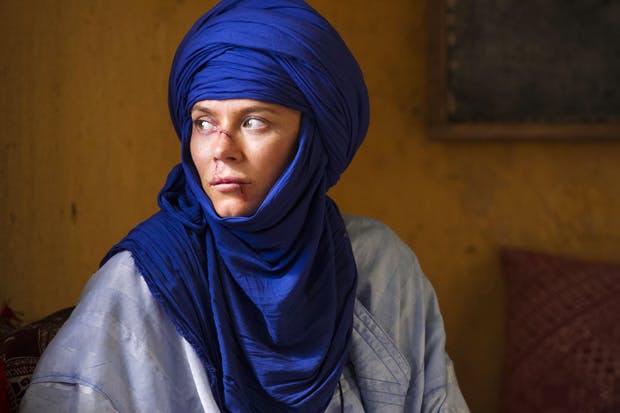 The new Homeland? Anna Friel as Odelle Ballard in Odyssey
The new Homeland? Anna Friel as Odelle Ballard in Odyssey
For one thing, the conspiracy that the little band of goodies are facing is so fantastically thorough and vicious that anybody who gets any wind of it is instantly in deadly peril — making for a continual atmosphere of genuine tension. For another, the little band don’t realise that they’re a band — because their stories are running in tantalising parallel, which means that we know more than any of them do.
Admittedly, none of this is enough to erase the sense of mild outrage, or even sheer disbelief, at Odyssey’s staggering lack of originality. Nonetheless, as blatant rip-offs go, this one is shaping up nicely.
Got something to add? Join the discussion and comment below.
Get 10 issues for just $10
Subscribe to The Spectator Australia today for the next 10 magazine issues, plus full online access, for just $10.

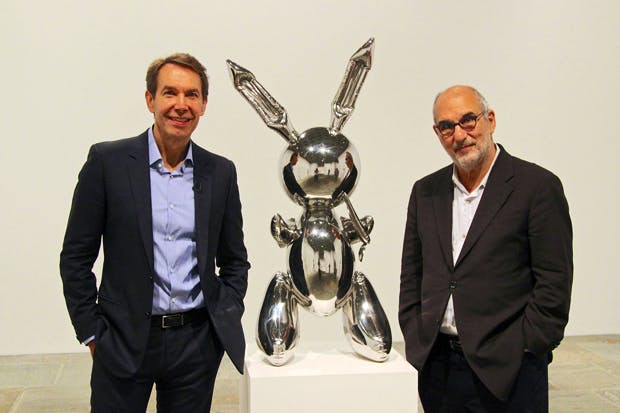
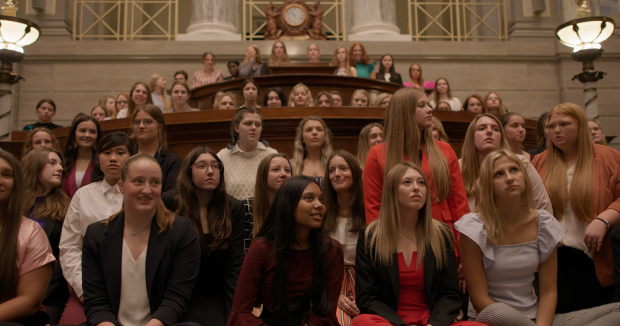


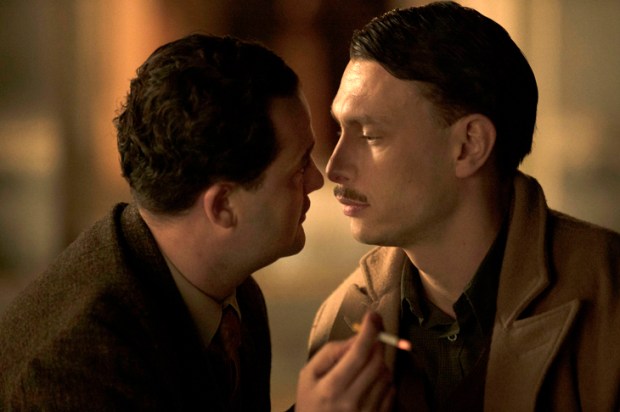
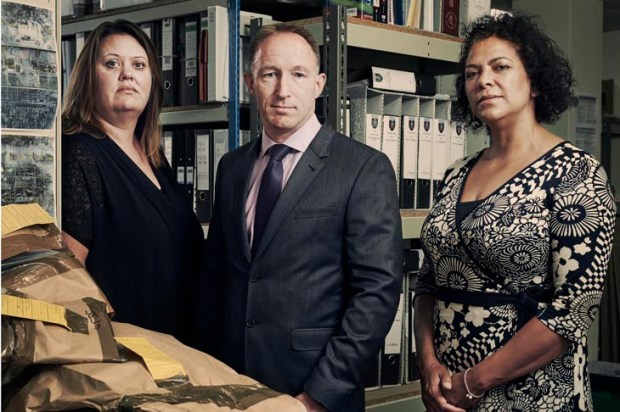
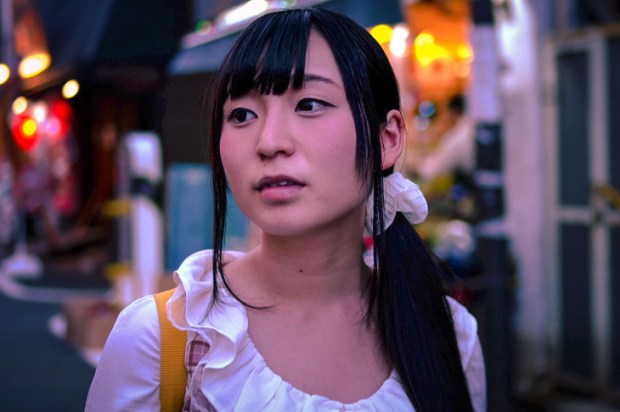






Comments
Don't miss out
Join the conversation with other Spectator Australia readers. Subscribe to leave a comment.
SUBSCRIBEAlready a subscriber? Log in